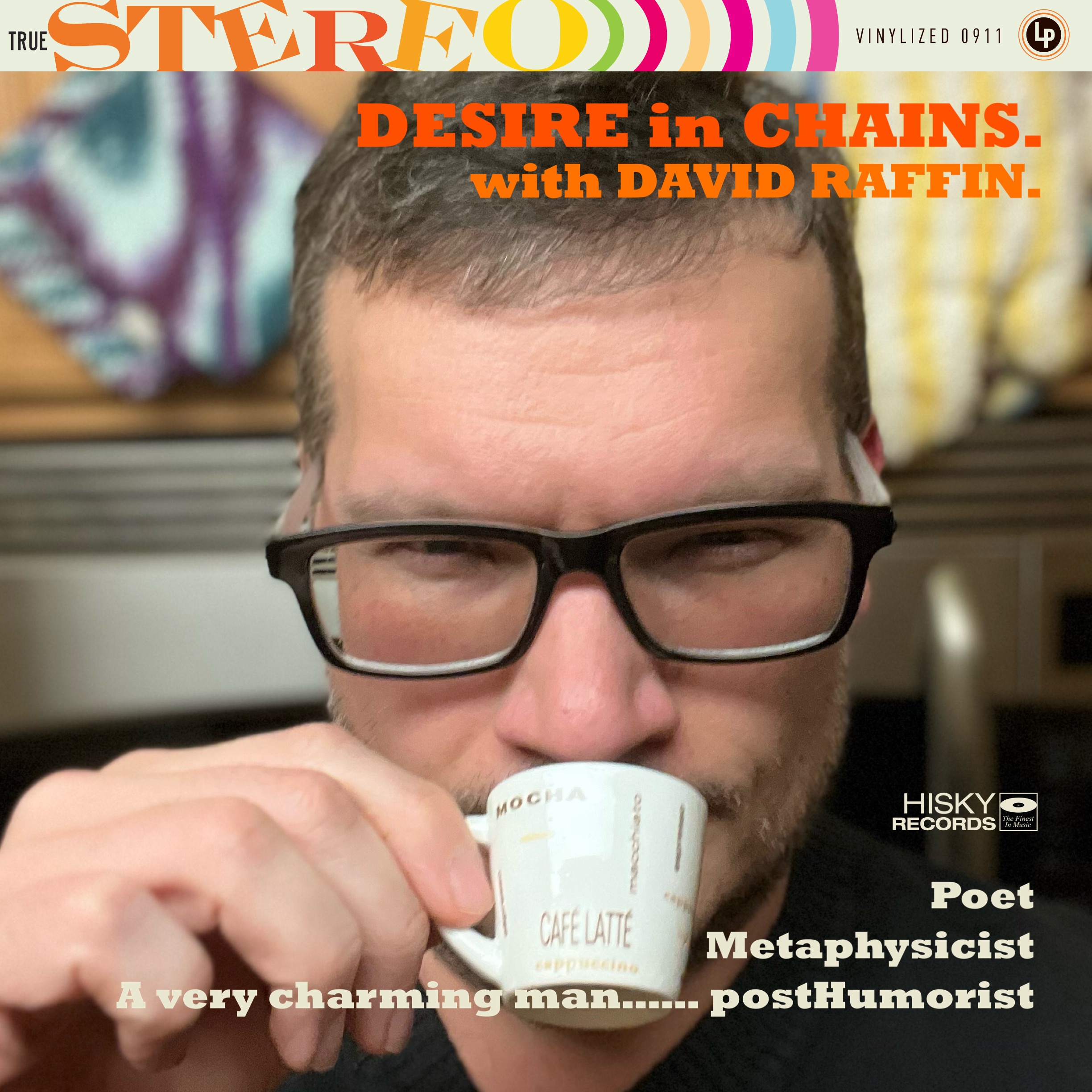so this is chapter 1 of
Sex Robots at the Edge of Infinity

This art stolen from Richard F. Yates, C’mon, click it.
“You’re interested in sex robots,” said the manual. “And who wouldn’t be?” It was a rhetorical question. Who wasn’t interested in sex robots? “Fifty years ago they were the wave of the future and today they are what keeps humanity sane.”
The manual was outdated but it was still true. All of it was true. A manual doesn’t survive in today’s world to be an out of date manual, one which hasn’t been pulped and recycled many times over, if its contents are not true – unless its contents are meant to give hope. Real hope–false hope, and, as everyone knows, most hope is false hope. The occasional doling out of hope was an exception to the truism. Always has been. Always will be. It is a cosmic continuity. While the universe is not kind sometimes it can appear ambivalent. Sometimes that is enough. Sometimes it will throw you a lifeline. By accident. Sometimes that lifeline will drag you down with relief. It’s a cosmic joke.
Friedman’s nose was in the book. He was a man very much interested in sex robots. And who wasn’t? Who wasn’t.
He owned an Avant-garde model. An antique. Interesting, if you’ve an eye for history. If you can be sold on tradition over functionality. If you are a nostalgic bent connoisseur of the past; like in olden times when a person would buy a fancy sport car which broke down all the time and wasn’t reliable at all and needed special tools. And owning it made the person feel happy even though it wasn’t functional and it did nothing to please, in fact quite the opposite. But the person would dote upon the car, where it inevitably sat in a climate controlled garage – safe from traffic, roads, pedestrians, and road wear. The person began to love the car, though the car had done nothing to earn the receipt of said love. And the car did nothing to give love back. Some historians declare that this nonreciprocal love is the purest love of all. Nothing to dirty it up. It was honest.
This was how men started to love machines. And when I say men love machines I say it in a universal way. Because women also love machines. And buy love machines to love. And men buy love machines to love. Sometimes they are the same types of machines and sometimes they are differentiated machines. Meant for one or the other. But sometimes with attachments. All the best machines have attachments.
It costs more. But it’s worth it.
The casual reader might wonder about the lack in English of more gender-neutral pronouns. Neuters. But the philosophers among you have determined that this book is about love. And philosophers have no idea what love is. It’s a dubious subject.
I ask only that you come with me on a journey.
 Tragic Stories (disguised as jokes) is a collection of tales told by a monster to a demanding little girl.
Tragic Stories (disguised as jokes) is a collection of tales told by a monster to a demanding little girl.
















 RSS - Posts
RSS - Posts
